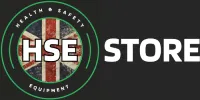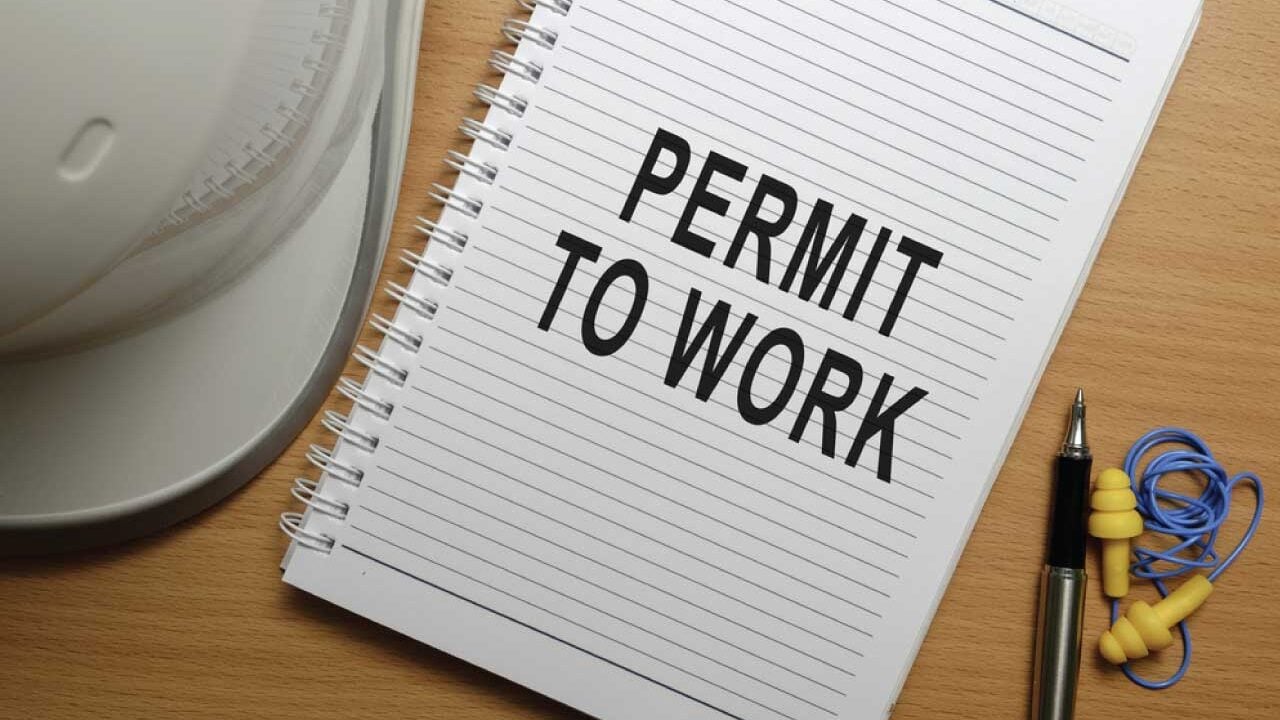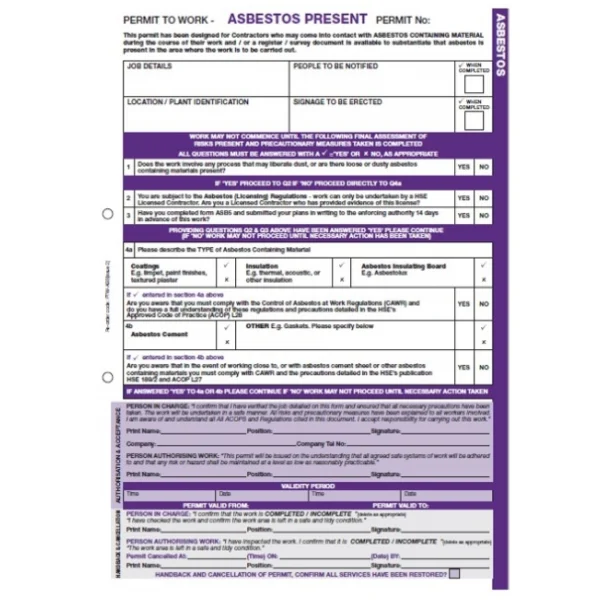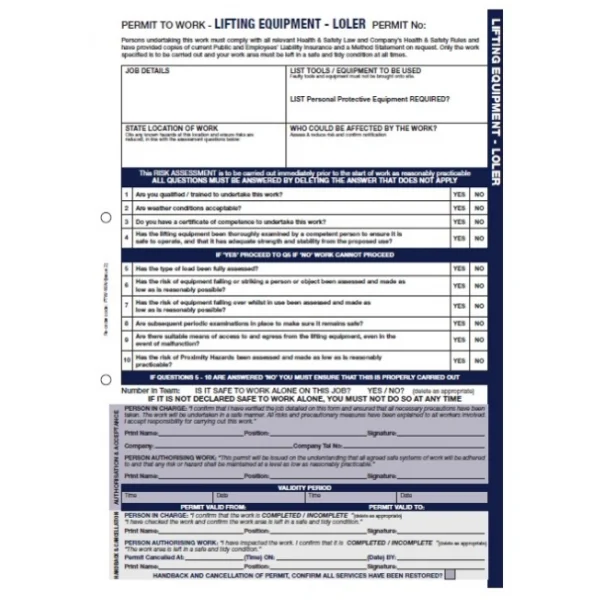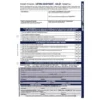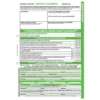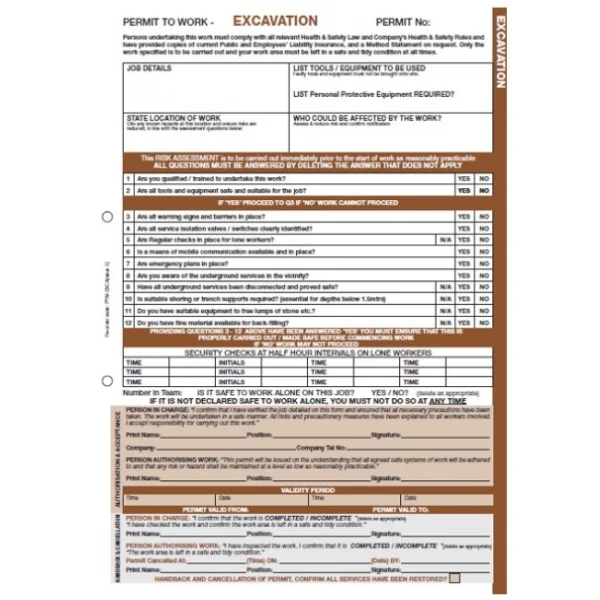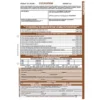When it comes to managing workplace risks, especially on sites where hazards are present, Permits to Work (PTWs) are a tried-and-tested approach that helps keep everyone on the straight and narrow. But what exactly is a Permit to Work, and why have they become a backbone of health and safety across so many different industries? Let’s break it down in friendly, plain English.
A Permit to Work is essentially a formal written document that authorises high-risk work to proceed – but only after clearly stating what’s to be done, what hazards are involved, and what safety steps must be in place. Think of it as a handshake on paper between those planning a job and those actually doing it, showing everyone’s agreed on what’s safe, what’s not, and who’s responsible for what. It’s not just a bit of bureaucracy; it’s a critical process that can literally save lives.
You’ll find Permits to Work cropping up just about anywhere dangerous work is taking place. Construction sites, manufacturing plants, warehouses, chemical plants, oil refineries and facilities management teams all use them as part of their safety toolkit. In fact, anywhere that activities like hot work (welding, soldering), electrical jobs, working at height or confined space entry are happening, you’ll probably spot a PTW system in action.

Why so widespread? Well, it’s all about making sure nothing slips through the cracks when the stakes are high. PTWs ensure that every risky job is properly risk assessed, all necessary safety controls are put in place (like isolating power sources or using protective equipment), and everyone involved is crystal clear on what’s supposed to happen. Without a PTW, it’s far too easy for miscommunication or forgotten steps to lead to disaster.
Compliance is another huge reason why permits are so important. In the UK, health and safety laws are clear about the need for documented systems to manage significant risks. The Health and Safety Executive (HSE) stresses using robust systems that record who authorised work, what safety measures were in place, when the job was done, and what checks followed. A Permit to Work isn’t just a tick box exercise – it’s proof that you’ve taken your legal duties seriously, ready to show an inspector if the need arises.
But there’s more to it than ticking compliance boxes. PTWs foster accountability. When it’s all signed off, you know exactly who’s responsible for each part of the operation. If something goes wrong or a near-miss occurs, you can trace back and see where things might have gone astray. This accountability helps prevent repetition of mistakes and improves safety culture across the site.

Good permit systems also bring order to potentially chaotic environments. On a busy worksite, multiple jobs can overlap. Having PTWs in place means you won’t have two conflicting jobs happening at once (like someone working on live electrics while others think the power’s off), because the permit process highlights these clashes before anyone’s put at risk. It’s all about good coordination.
It’s also worth noting that using proper Permit to Work solutions from a reputable supplier has practical advantages: permits designed for durability, waterproof options for outdoor work, easy-to-read formats and wall displays, plus refillable books and holders that stand up to the daily grind. It’s little details like these that can make permit compliance smoother and less of a headache, especially during audits or inspections.
Having a PTW system signals a proactive approach to safety – not just for workers, but for contractors, visitors, and anyone setting foot on site. You’re showing that you take safety seriously, are transparent about risks, and genuinely aim to send everyone home in the same shape they arrived.
FAQ's
What is a Permit to Work?
It’s a formal system that documents, assesses, and authorises high-risk work before it starts, making sure risks are properly controlled.
Which industries use Permits to Work?
Construction, manufacturing, oil & gas, energy, warehousing, maintenance, facilities management, and many more.
Do all jobs need a Permit to Work?
No, only tasks with significant risks (like hot work, electrical jobs, or confined space entry) require a formal permit.
Who is responsible for issuing a Permit to Work?
Usually a supervisor or manager with proper training and authority to assess and approve high-risk work.
Are Permits to Work legally required in the UK?
For many hazardous works, yes – UK health and safety law expects robust permit systems when risks are high.
How long does a Permit to Work last?
Permits are typically valid only for the specific task and timeframe described; they expire when the work ends or if conditions change.
Can a Permit to Work be reused?
No, each permit is unique to the particular task, set of people, place and time. Reusing is not allowed.
What happens if someone ignores the Permit to Work system?
That’s a serious breach—there may be disciplinary action, legal consequences, or, in the worst-case scenario, injury or death.
What are the main types of Permits to Work?
Common types include hot work, electrical, confined space, working at height, and general maintenance permits.
How can I get Permit to Work books or systems for my site?
Reputable suppliers like us at HSE Store offer a full range of PTW solutions, from books to holders and wall displays, all compliant with UK regulations.
Permits to Work aren’t just forms—they’re about creating a culture where safety, compliance, and accountability naturally go hand in hand, keeping every workplace safer and more professional.
